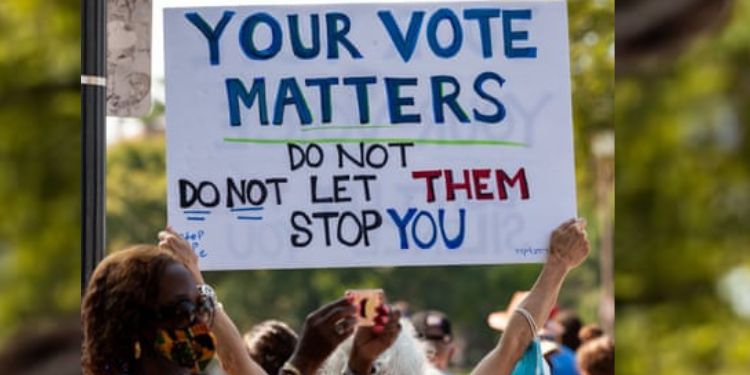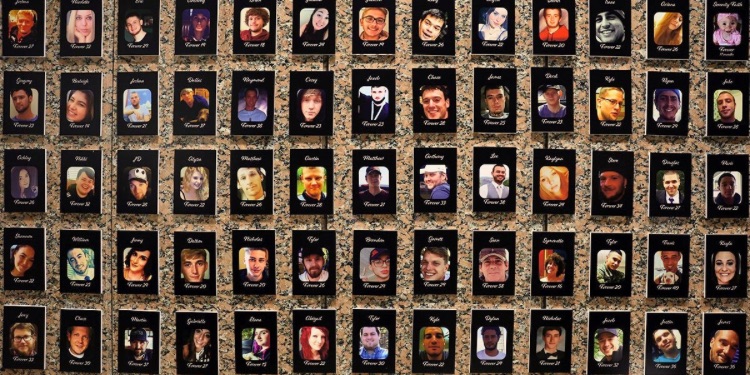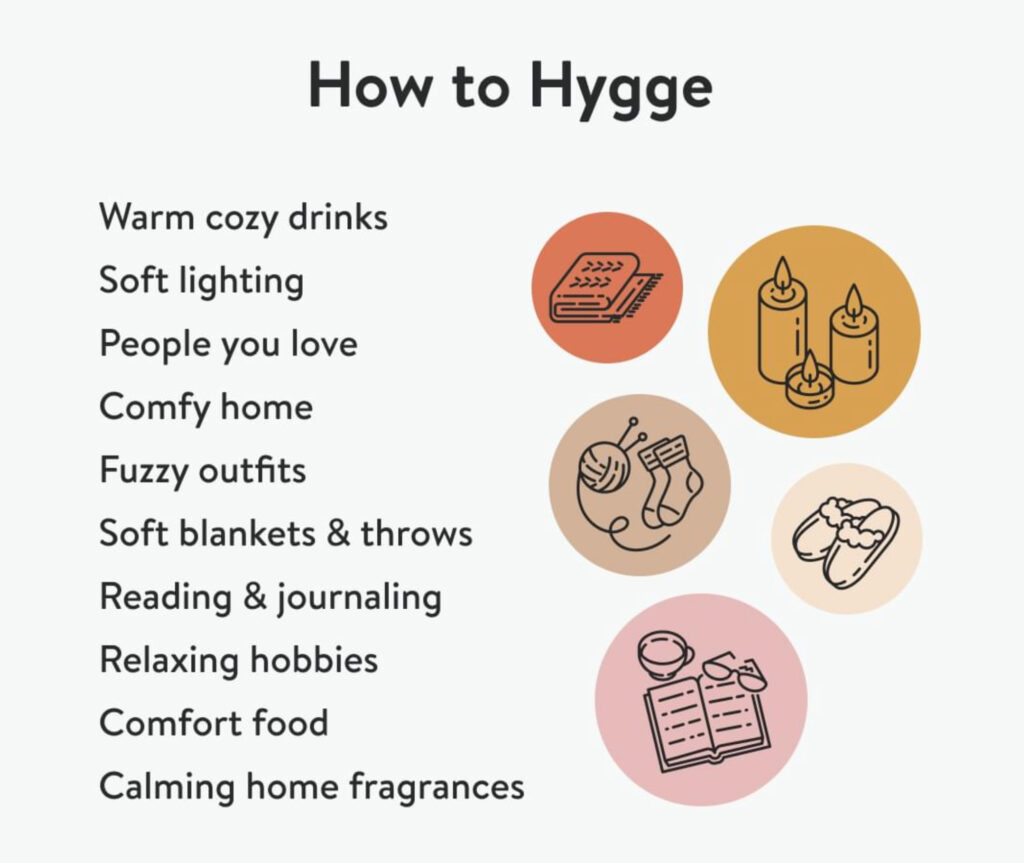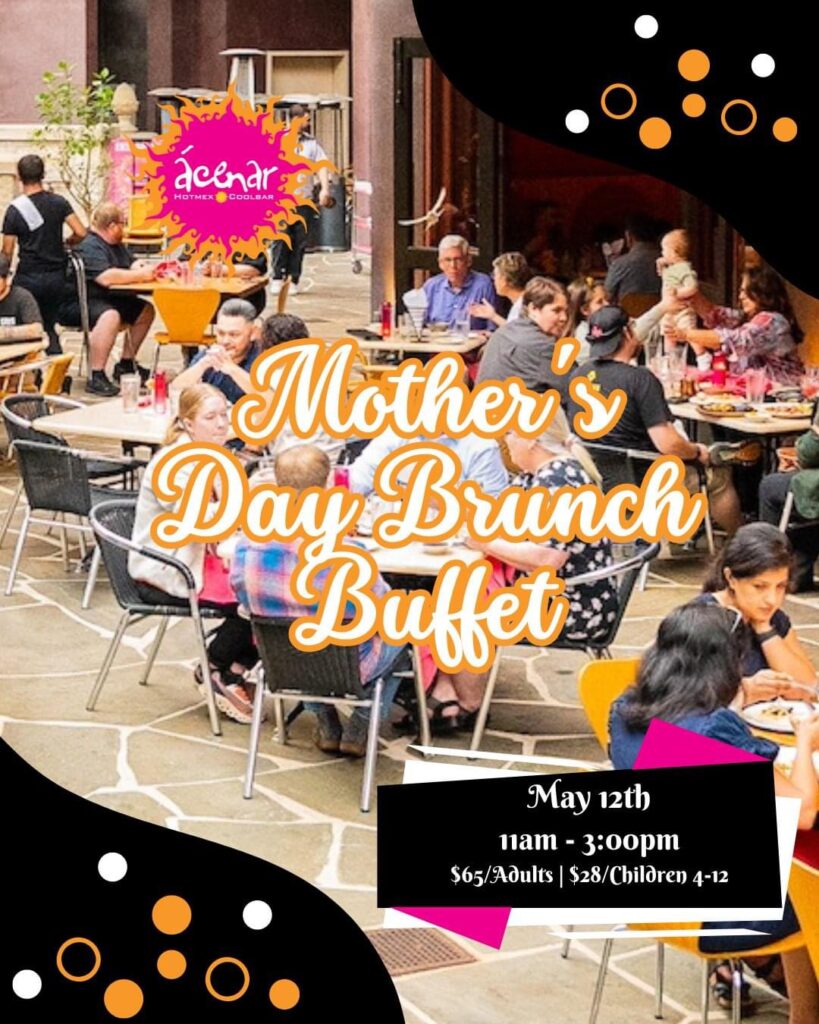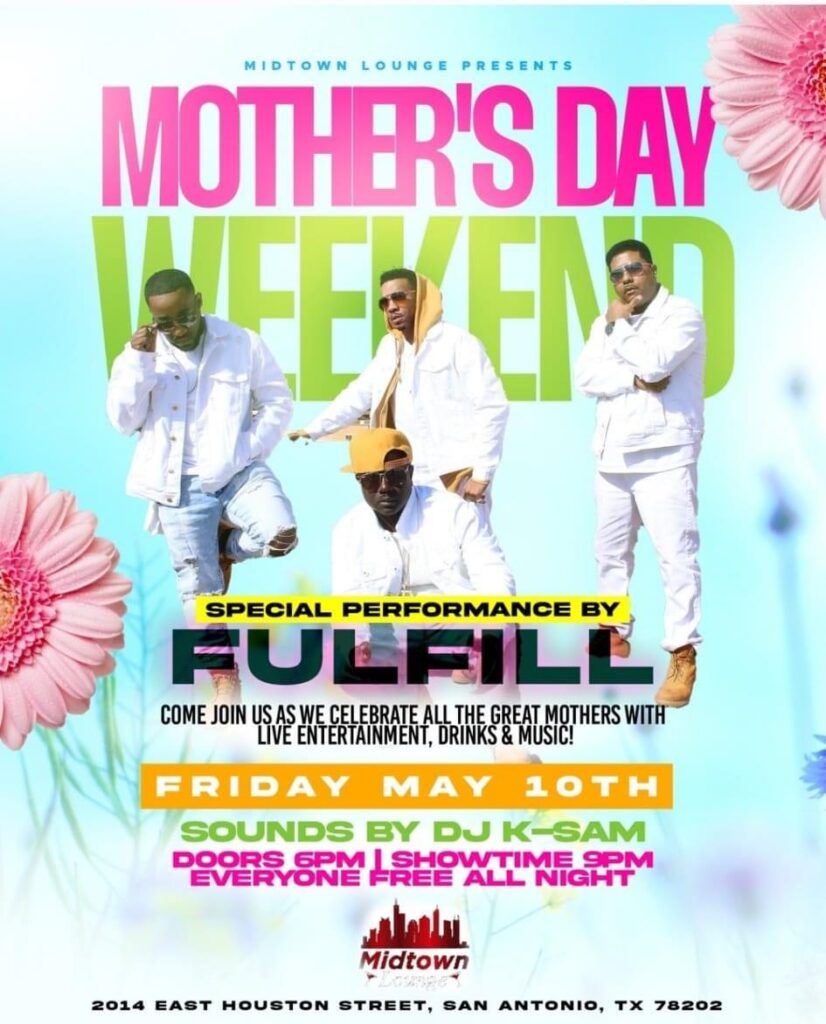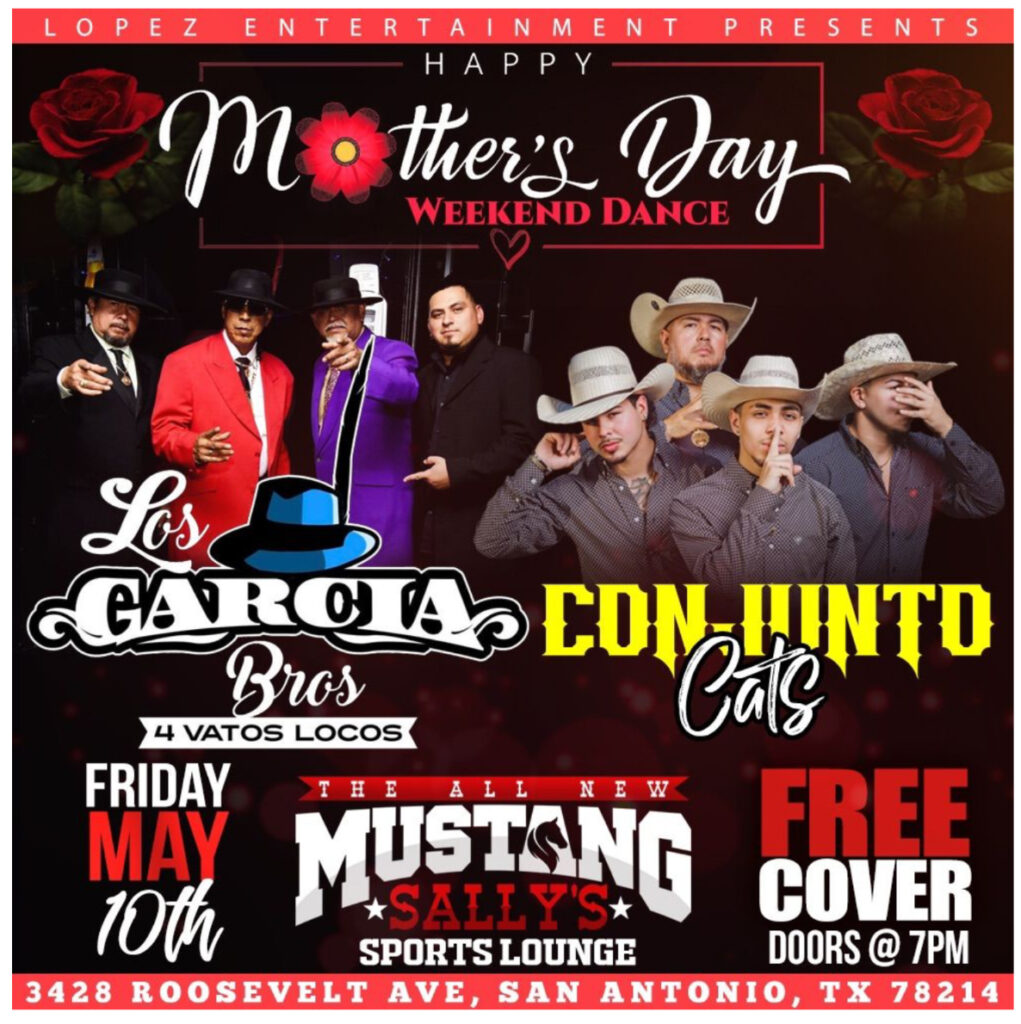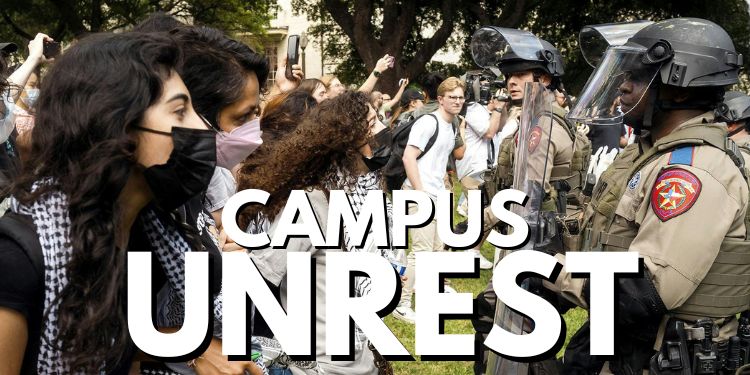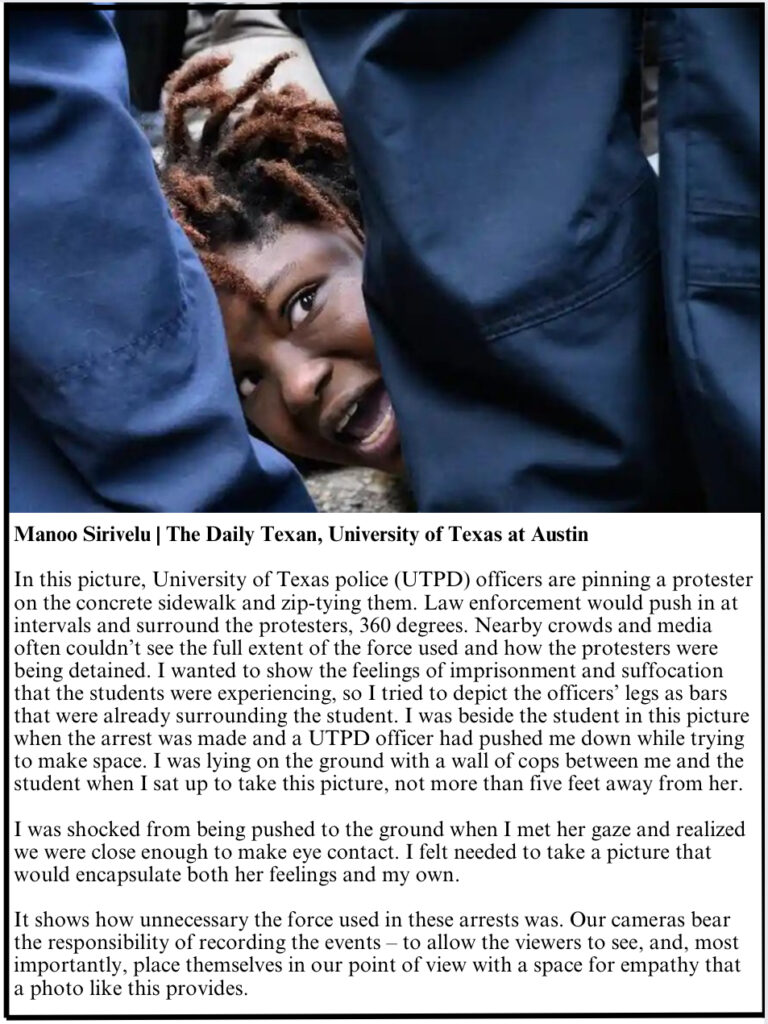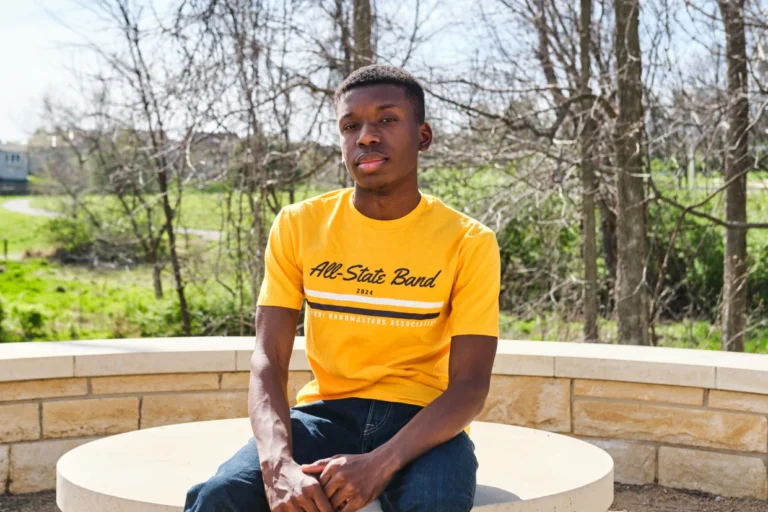The Brittney Griner Interview by the WNBA star was overwhelmed by despair when she arrived at her cell in a Russian jail in 2022. “I didn’t feel human anymore, and the uncertainty of it all started to really hit me,” she explained in an interview with NPR. “I just sat there, contemplating ending it all, thinking of ways I could do it.” Griner was in transit to play her final season with a EuroLeague team in Russia when she was detained at a Moscow airport after customs officials discovered two vape cartridges containing traces of cannabis oil, prescribed by a doctor, in her luggage. Months after her arrest, she was found guilty on drug charges and received a nine-year sentence in a Russian penal colony.
Brittney Griner was detained for 10 months before her release was secured through a prisoner exchange involving a notorious Russian arms dealer. In her new memoir, “Coming Home,” Griner details the mental and physical humiliations she endured at the hands of the guards, the continual discomfort of fitting her 6-foot-9 frame into small beds and cages, and her decision to cut off her locs after they froze due to the extreme cold.
She spoke with All Things Considered host Juana Summers about her experience, and the conversation begins with Griner describing what went through her mind when she was first detained. The Brittney Griner Interview is raw and beyond real.
This interview has been lightly edited for length and clarity.
Brittney Griner Interview
Brittney Griner: Oh my God, it was kind of like one of those moments people talk about before a crash or something, and you see your life flash [before your eyes], or it’s just like the breath is completely took out of your lungs. That’s the exact feeling. And I literally started contemplating everything that could go wrong.
Juana Summers: That was the start of a story for you that you detail in this book. And for those that may be hearing these details, this part of your story, for the first time, can you describe some of the conditions and situations that you faced, first in detention then during your trial, and later in the labor camp?
Griner: The detention center, I’ll never forget the first day walking into quarantine and literally seeing some scissors and a pretty nice-sized knife just sitting on the table. And I’m like, “Well, this is already different.” One person barely spoke English a little bit. So it was a lot of pointing and just unknown. Not knowing if my lawyer knows where I’m at, or if anyone knows where I’m at. I basically had to drink this milky sediment water that came out of the sink. Just the isolation, the most filthiest place you can think of times 10. And on top of the blistering cold and having to stand outside, it was very harsh.
Summers: You wrote that, at one point, you had thoughts of ending your life. How often did you feel like that?
Griner: Definitely when I got put in the county cell and I had literally nothing – no toothbrush, no soap, no necessities. Nothing. I literally had two shirts, sweats and a hoodie. And my shoes on my feet. And I had to take a shirt and rip it up into different pieces to use to clean myself, wash off with. It was the most degrading and just flat-out dirtiest I’ve ever felt in my whole entire life. I did not feel like a human at that point. And everything was setting in on the unknown. I didn’t know anything at that point. Like, it was very early on. And I just sat there and thought about ending it – just came up with a plan on how I could do it. But, you know, after a couple of days and just thinking about it, you know, “What is my mom gonna say? What is my dad, my brother, my sister, my wife…” I couldn’t do that to them. I’m already locked up abroad. I can’t add any more stress to them like that.
If you or someone you know may be considering suicide, contact the 988 Suicide & Crisis Lifeline by dialing 9-8-8, or the Crisis Text Line by texting HOME to 741741.
Summers: You write about your time in Russian detention and prison. But you also talked so much about the ways in which you had already been denied certain privileges and freedoms because of your appearance, because you’re a Black queer woman. And I can’t help but see some clear parallels between those two situations.
Griner: I’ve definitely seen the other side of being discriminated against just being part of the LGBT community and being a Black athlete and being told that I need to shut up and play, I’m just an athlete, I just need to be grateful. The pay inequity that we have in between our league and the men’s league — quite frankly, that’s why I was even in Russia in the first place, to make up that pay gap that we have here, unfortunately.
Summers: I want to ask you about that pay gap. I mean, we’re in this moment that is an incredible celebration of women’s sports, of women’s basketball due to some of the superstars in the college game who recently were drafted – people like Caitlin Clark and Angel Reese – and yet, this pay gap that you’ve discussed prominently still persists. How do you square those things? How are you feeling about this moment for your sport?
Griner: I mean, I’m feeling hopeful for sure. I mean, just this last March Madness, the ratings definitely show that people are tuning in to the women’s game. We’ve come a long way. And we’re starting to get into those rooms and being able to advocate for ourselves. And with Caitlin Clark, Angel Reese, even the younger ones coming up, Paige [Bueckers] and JuJu [Watkins], it’s just going to keep getting better. We’re just going to keep growing and keep pushing the envelope.
Summers: There is this moment that you write about in the book that I’m hoping is a story you can tell us. It’s when you and your wife Cherelle were reunited on the tarmac in San Antonio, after you spent 293 days separated from one another. What was that like?
Griner: Breathtaking. It just reminded me of the first time I ever saw her on campus. It was just, I didn’t think I was going to see her again anytime soon. I thought it was going to be a good nine years before I saw my person. When I saw her through the window, I immediately broke down. I couldn’t get off that plane quick enough. I’ll never forget that. It was just hugging, hugging, hugging and just holding each other crying.
Summers: After what you’ve been through, how do you cope when you hear people suggest that you don’t deserve to be home with your wife, with your family, to be back with your teammates?
Griner: It hurts. It definitely hurts. I mean, I’m human, so it hurts a little bit. But at the end of the day, everyone’s entitled to their own opinion. And I can’t let it affect me. But I will say this, if it was up to me, and it was in my hands, everybody that was in Russia would have come back. And I remember getting on that plane when I did get the chance to come back, and I was really hopeful that Paul was on that plane with me.
Summers: You’re talking about Paul Whelan, who’s among the other Americans who have not been able to return home yet. Throughout the book, you wrote so movingly about the guilt that you felt and about the fact that something that was an honest mistake, as you’ve said, led to months away from your wife and family, months under the conditions that you’ve been telling us about. And you also wrote about how, despite getting forgiveness from your family, from your wife, it was hard to let go of that guilt. How did you get to a place where you felt able to let that go and to forgive yourself, if you have?
Griner: A lot of counseling. Just therapy, talking. Everybody kept telling me to give myself grace, and that was the hardest thing to do. Because at the end of the day, my dad taught me that you just take ownership for things that you’ve done, like willingly and unwillingly. So I had to take responsibility. And it was just, it’s really hard. I think at times, I still feel like I haven’t forgiven myself, honestly, because I’m just like, I robbed my family of time with me. You know, I robbed my wife of those special moments graduating and just being there for her. That’s probably my last healing piece that I will hopefully get to eventually.
Summers: How are you thinking about the future, Brittney?
Griner: When I think of the future, I think it’s gonna be good. You know, we have a little one on the way.
Summers: Congratulations.
Griner: Thank you. We’re expecting a little boy on the way. So I’m just looking forward to parenthood and just enjoying every single moment of it.
Summers: Last year, you said that you would not play overseas again, unless you were representing the United States and the Olympics. And the Paris Games are less than 100 days away. Do you think that’s going to be in the cards for you?
Griner: I hope so, because that will be an amazing return back to overseas and represent my country that literally came to my rescue. I wouldn’t be here without my country. And to go and potentially win another gold medal for us, it’s just going to mean so much standing on that podium and watching the flag go up.






